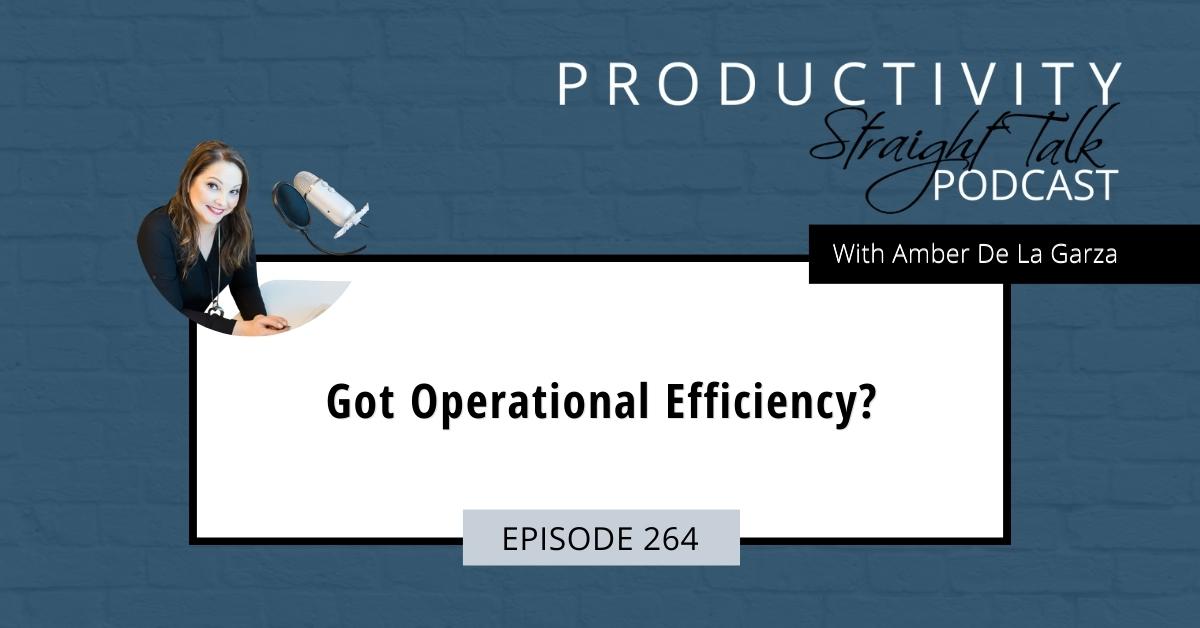What You'll Discover In This Episode:
Ever seen a rowing race? Or a re·gat·ta if you want to say it fancy? Yeah, me neither. Unless you count watching news clips of the Olympic games. I get the gist through. Each team sits in a boat and uses their oars in perfect synchronicity to glide through the water as fast as they can toward the finish line. The first team to cross the finish line without breaking any rules wins the race. In Olympic rowing races, the athletes are the best in the world at their sport so rowing a distance of 1.2 miles with their trained team members in calm waters would not be a very difficult task for them, right? No, likely not. But how about if prior to racing that distance, a menace drills thousands of small holes in their boat? No matter how great the captain is, how well-trained the athletes are, and how fast they row, they likely would not be able to complete the race because their boat would take on too much water and sink. At the very least, their rowing speed would be dramatically affected due to the excess weight of the water onboard.
The same can be said for your business if it lacks operational efficiency. It’s like having leaks of time, energy, effort, labor, supplies sabotaging your business. No matter how great a leader you are, how well your team is trained, and how hard you work, if your business lacks operational efficiency, it will have a hard time surviving. At the very least, you will not be maximizing your profitability. Having operational efficiency is essential to running your business at peak performance. So, got operational efficiency?
In this episode of Productivity Straight Talk, I dive into ways to create operational efficiency in the areas that will provide the biggest impact so you can increase profits and reduce the stress of running your business.


